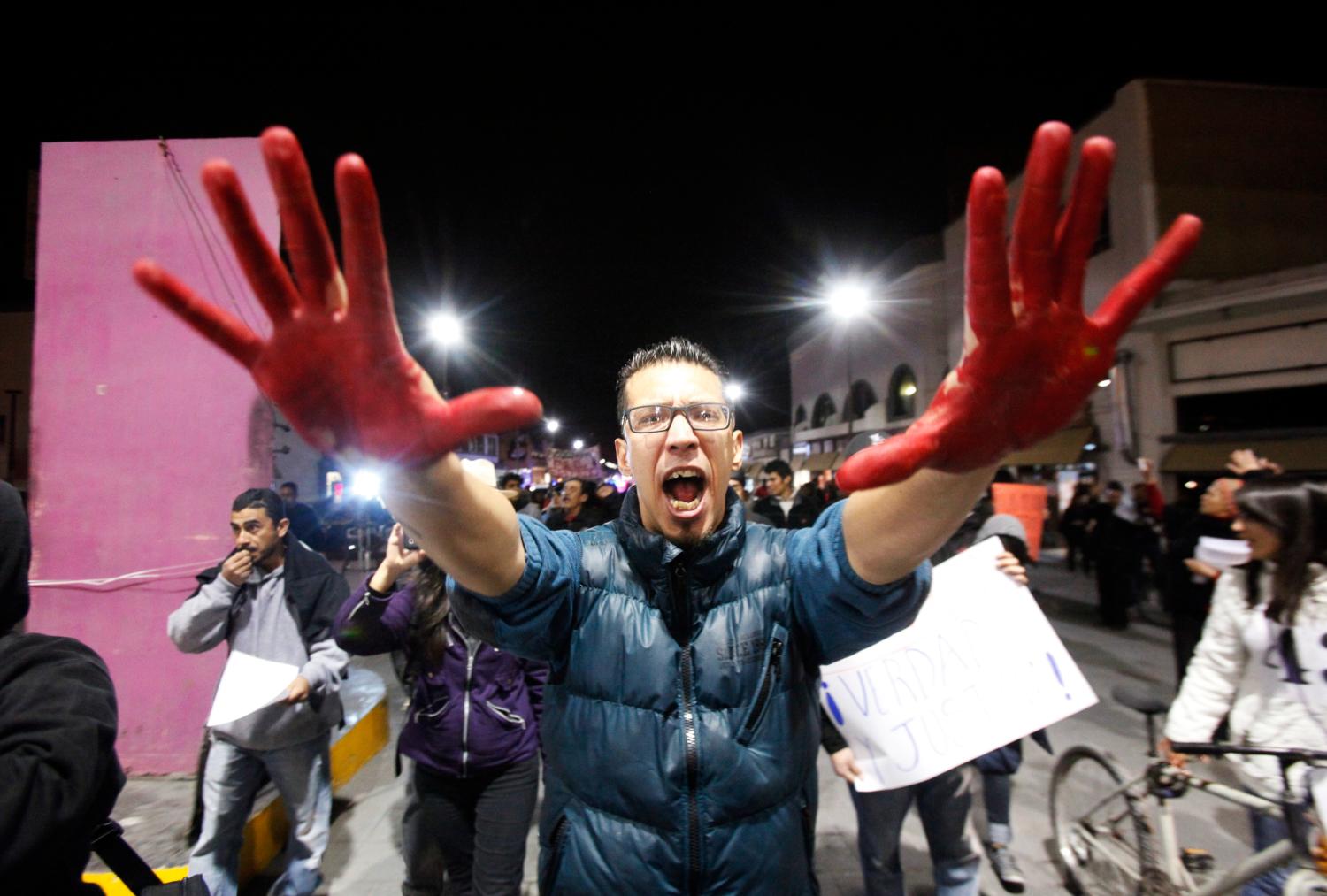Editor’s Note: Matthew Murray and Andrew Spalding developed “Freedom From Official Corruption as a Human Right” after Matthew Murray presented the idea at the 2012 World Forum on Governance (WFG) and Andrew Spalding presented their joint research on the idea at the 2014 WFG, convened by the Brookings Institution and Czech nonprofit Zaostřeno in Prague, Czech Republic. To learn more about the WFG, read the Prague Declaration. The views expressed in this article are solely those of the authors.
International law does not currently regard an act of official corruption as the violation of a human right. But as recent steps by Chinese leaders, political shifts in India, the EuroMaidan in Ukraine, and the Arab Spring all reflect, an international consensus is emerging that corruption is a pervasive and pernicious social problem, structural obstacle to economic growth and threat to global security. Governments and international bodies have widely adopted principles, laws and tools for countering corruption both domestically and transnationally. Still, the anti-corruption architecture is not working as planned whether to assure effective enforcement, induce voluntary changes in official behavior, or protect the victims. In order to place anti-corruption norms upon a stronger conceptual foundation, prioritize anti-corruption enforcement as a matter of policy, and focus that enforcement on improving the lives of corruption’s victims, Matthew Murray and Andrew Spalding argue for acknowledging freedom from official corruption as a fundamental and inalienable human right.
A right to be free of official corruption finds ample support in the foundational rights theory of John Locke. So too do cross-cultural intellectual traditions – particularly Chinese Confucianism and Islamic Jurisprudence – regard freedom from corruption as a first principle of governance. Though this freedom is not yet styled as a human right, philosophy and history have produced the functional equivalent: a fundamental obligation that governments owe to every individual by virtue of being human, that trumps other policy considerations, and the violation of which is a grave affront to justice. Reframing corruption as a rights violation sends an unequivocal message to both the victims of official corruption and the perpetrators: that corruption is neither cultural nor human nature; that the state might violate that right but cannot take it away; and that the vigorous enforcement of anti-corruption measures is not only possible, but essential.


